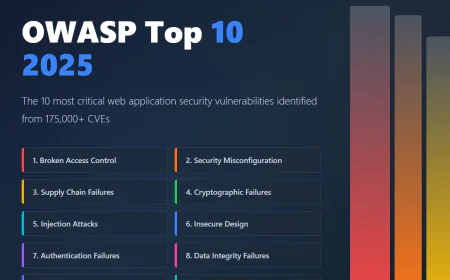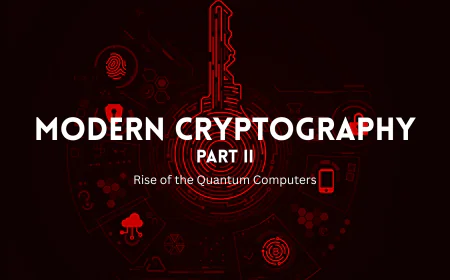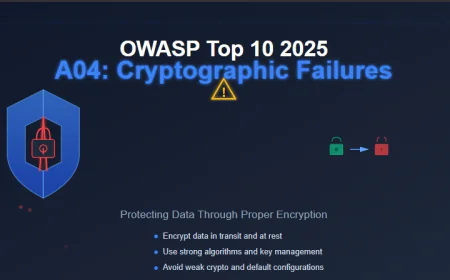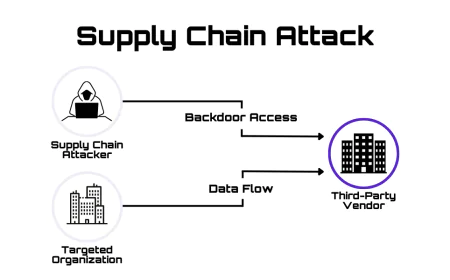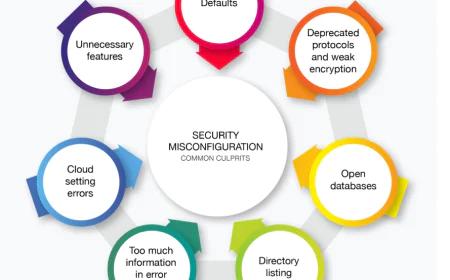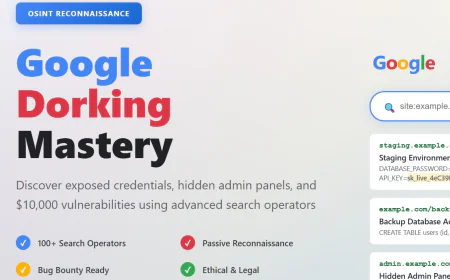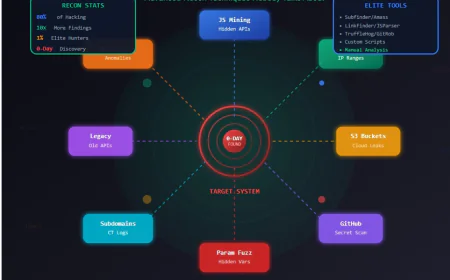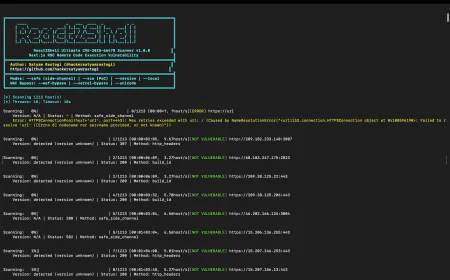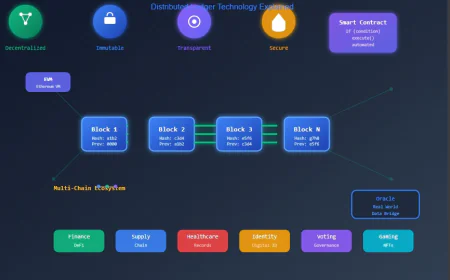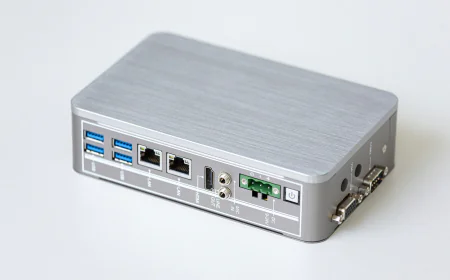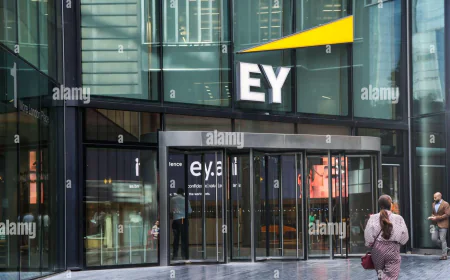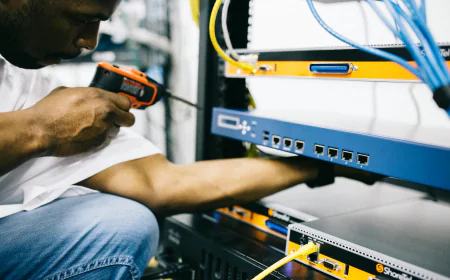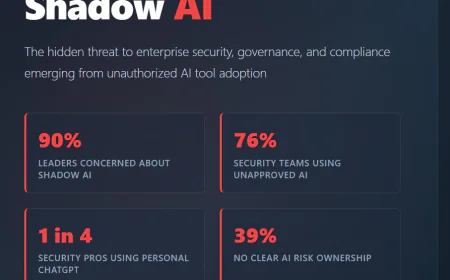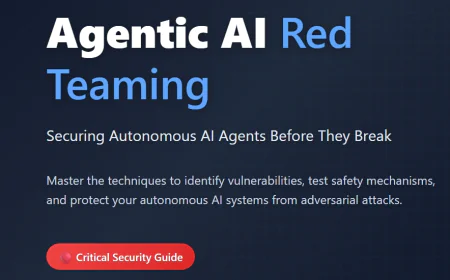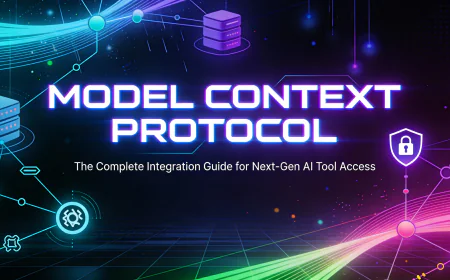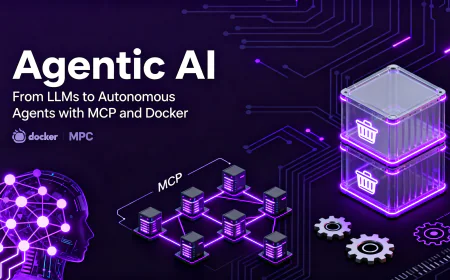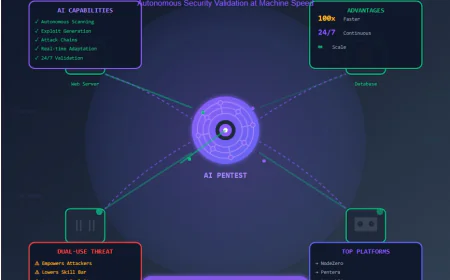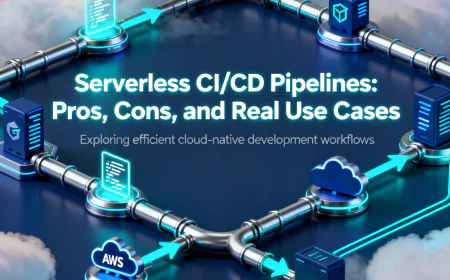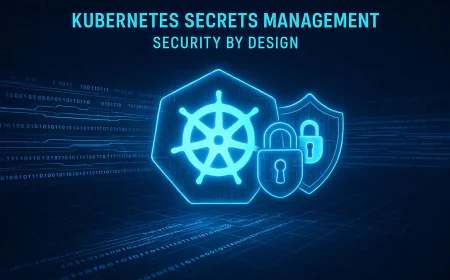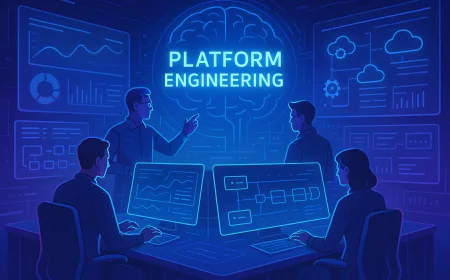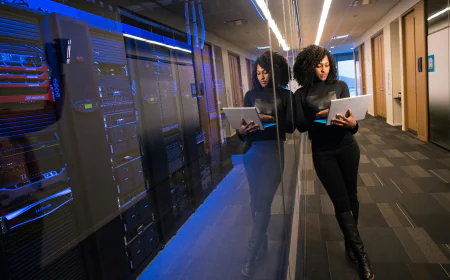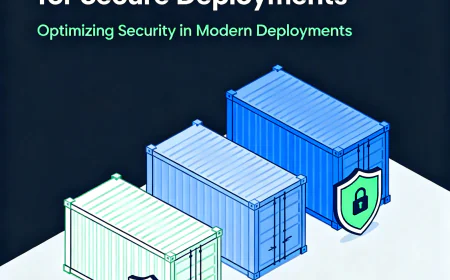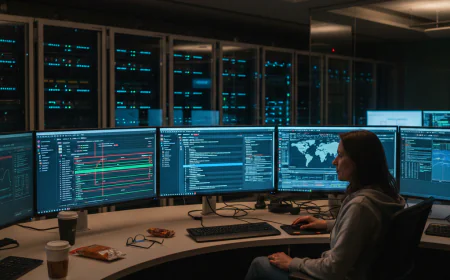The Future of DevSecOps: Unseen Trends Nobody Is Talking About (2025-2030)
As DevSecOps evolves, emerging technologies and approaches are poised to reshape how organizations build and secure software. This forward-looking article explores the lesser-known trends set to define DevSecOps over the next five years — including AI-powered autonomous security agents, self-healing infrastructure through automated remediation, and preparations for quantum-resistant cryptography. Discover how these innovations will enhance security, speed, and resilience in future DevSecOps pipelines.
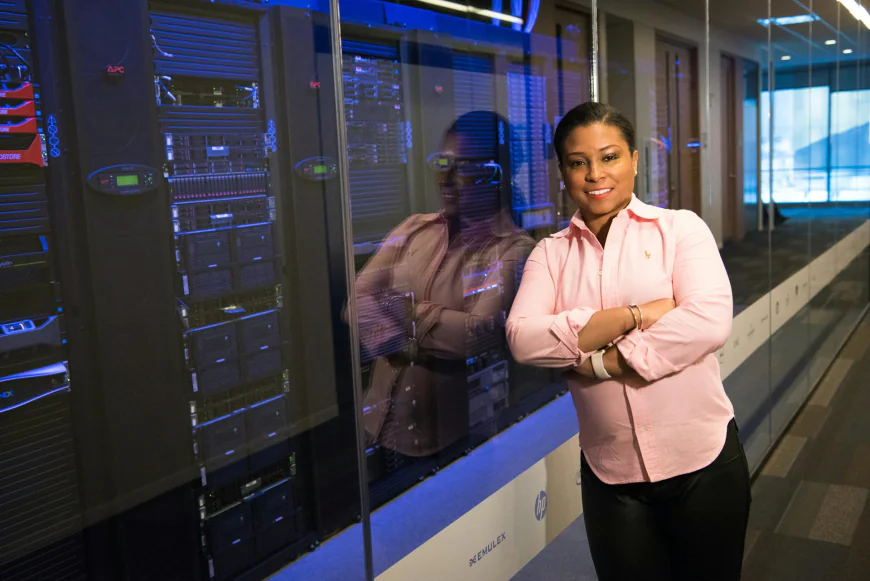
Introduction: Glimpse Into the Future of DevSecOps
DevSecOps has come a long way — from integrating security into agile development pipelines to automating vulnerability detection and response. But the next five years (2025–2030) promise even more transformative changes that most organizations haven’t fully prepared for yet.
Beyond the usual conversations about faster pipelines and cloud security, there are unseen trends emerging that could redefine how we secure software. From AI-driven autonomous agents to quantum-ready cryptography, these innovations will push DevSecOps into a new era of speed, intelligence, and resilience.
Let’s explore the future trends shaping DevSecOps — and why it’s crucial for teams to start understanding and adopting them now.
1. AI Agents Taking Over Security Tasks
Artificial Intelligence is moving beyond simple automation. Future DevSecOps pipelines will leverage AI agents capable of autonomously scanning code, identifying vulnerabilities, and even proposing fixes — all without human intervention.
These AI agents will learn from vast datasets, adapt to new threats in real-time, and integrate with development tools to provide continuous, context-aware security insights. Imagine a system that not only alerts you to a security flaw but also automatically remediates it or rolls back risky changes — drastically reducing response times.
2. Autonomous Remediation and Self-Healing Infrastructure
One of the biggest pain points in DevSecOps today is the lag between vulnerability detection and remediation. In the future, self-healing infrastructure will become the norm.
This means systems will automatically detect configuration drifts, policy violations, or suspicious activity and remediate themselves without manual intervention. Leveraging AI, policy-as-code, and real-time monitoring, environments will maintain compliance and security posture dynamically — reducing human error and operational overhead.
3. Quantum-Ready Security and Cryptography
The rise of quantum computing poses a looming threat to current cryptographic algorithms that underpin DevSecOps security — including SSL/TLS, encryption, and digital signatures.
Future DevSecOps practices will incorporate quantum-resistant cryptographic algorithms to safeguard data integrity and confidentiality. Preparing pipelines and applications now for a quantum future means adopting new cryptographic standards, updating key management, and ensuring compliance with emerging quantum security regulations.
4. Enhanced Supply Chain Security with Blockchain and Transparency
Supply chain attacks have exposed vulnerabilities in third-party dependencies. Upcoming DevSecOps trends include adopting blockchain technology and immutable ledgers to provide tamper-proof tracking of software components, their origins, and change history.
This transparency will help teams verify package authenticity and quickly identify poisoned dependencies, adding a new layer of trust to software supply chains.
5. Integration of Privacy Engineering into DevSecOps
With regulations like GDPR, CCPA, and evolving data privacy laws worldwide, privacy engineering will become deeply embedded into DevSecOps pipelines.
Future workflows will automatically enforce data minimization, consent management, and privacy impact assessments alongside security controls — making privacy a first-class citizen in software development and deployment.
Why These Trends Matter Now
Waiting until these technologies mature can leave your security posture vulnerable to the rapidly evolving threat landscape. Early adoption and experimentation with AI-driven security tools, autonomous remediation, and quantum-safe cryptography will give organizations a strategic advantage.
Teams that stay ahead will not only build safer software faster but also reduce costs, improve compliance, and build greater trust with customers and partners.
Conclusion: Preparing for a New Era in DevSecOps
The future of DevSecOps is not just about faster pipelines or more automation — it’s about intelligent, autonomous, and quantum-aware security. By understanding and embracing these unseen trends from 2025 to 2030, organizations can transform their security posture and innovation capacity.
Are you ready to explore the future of DevSecOps? Start learning, experimenting, and evolving your security strategies today.
